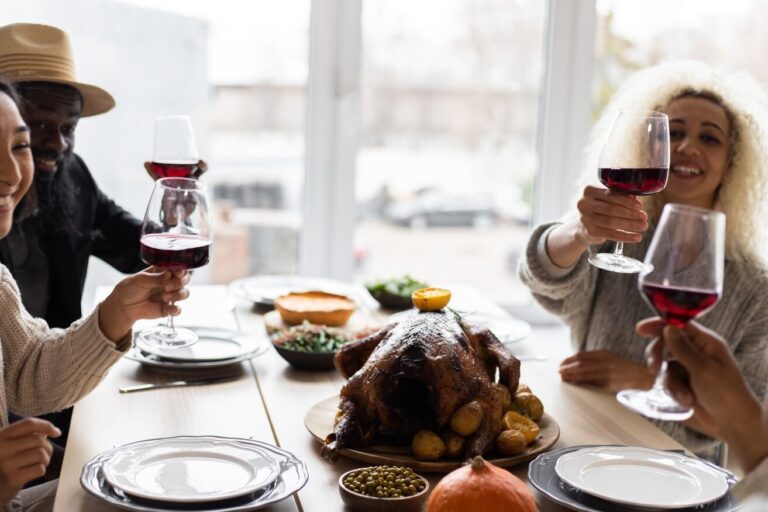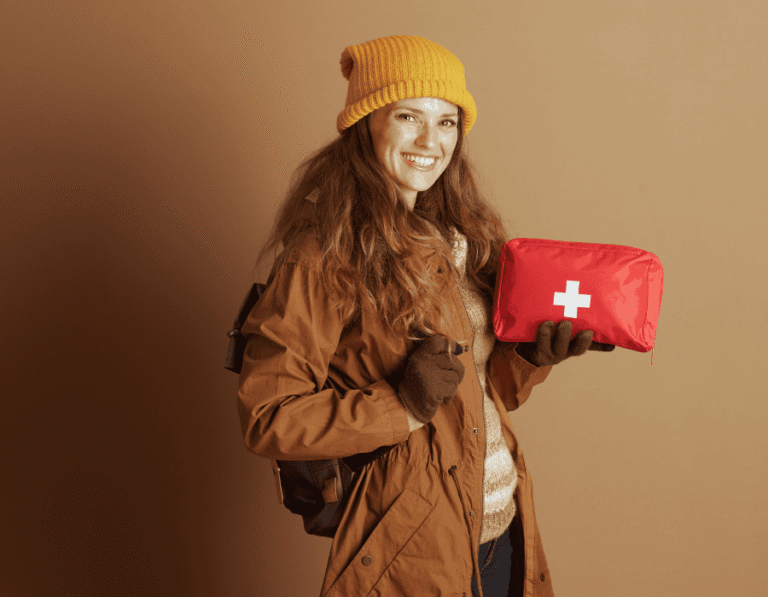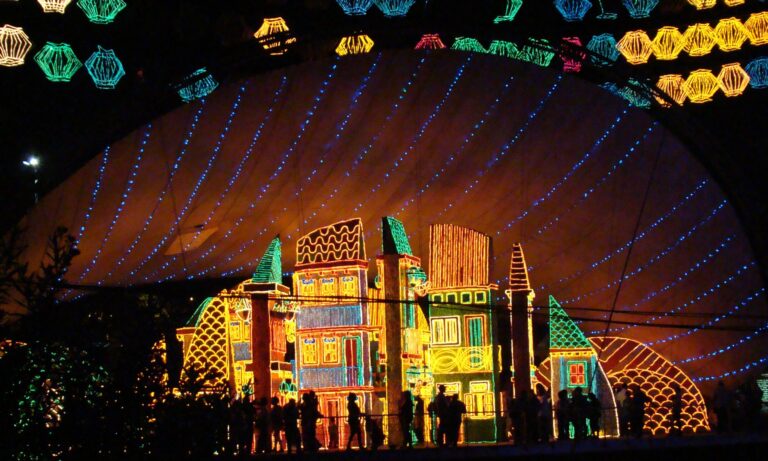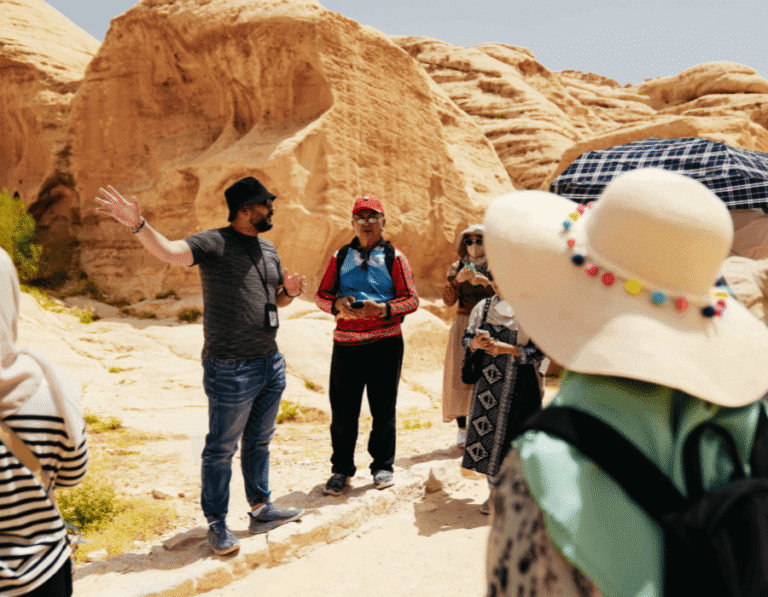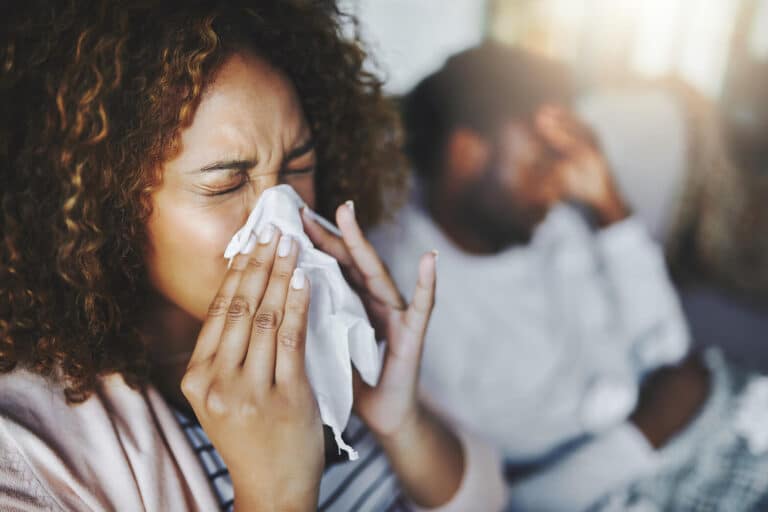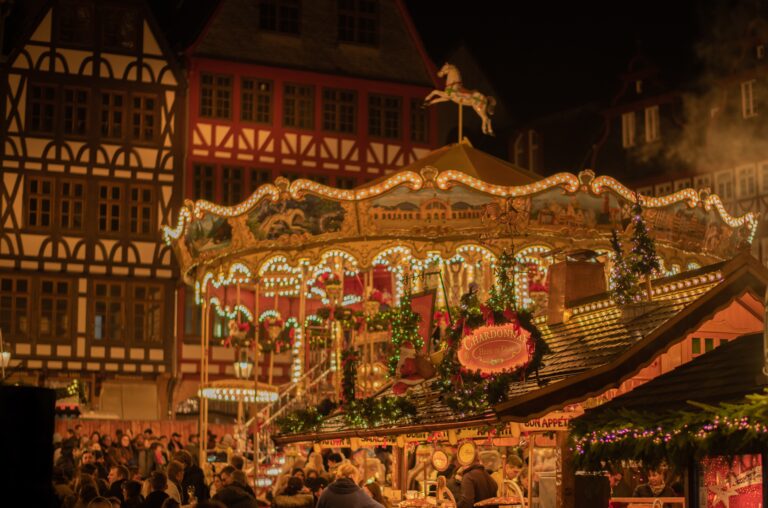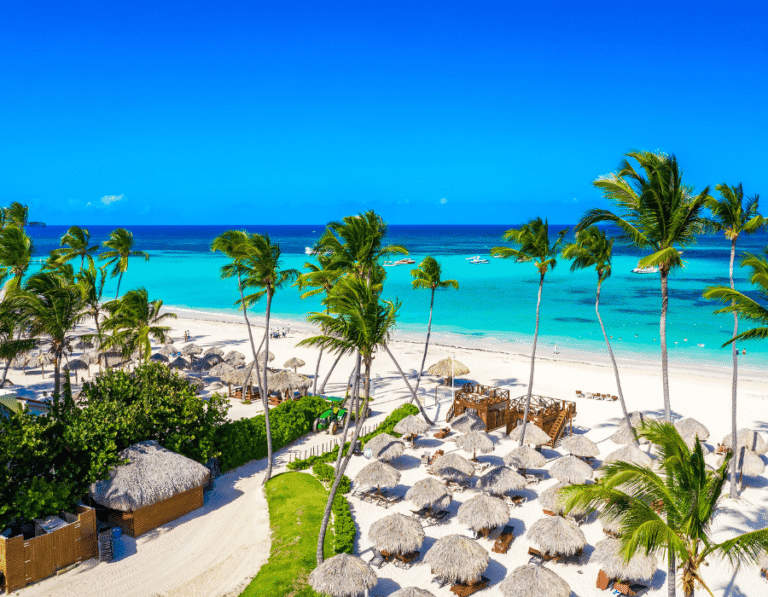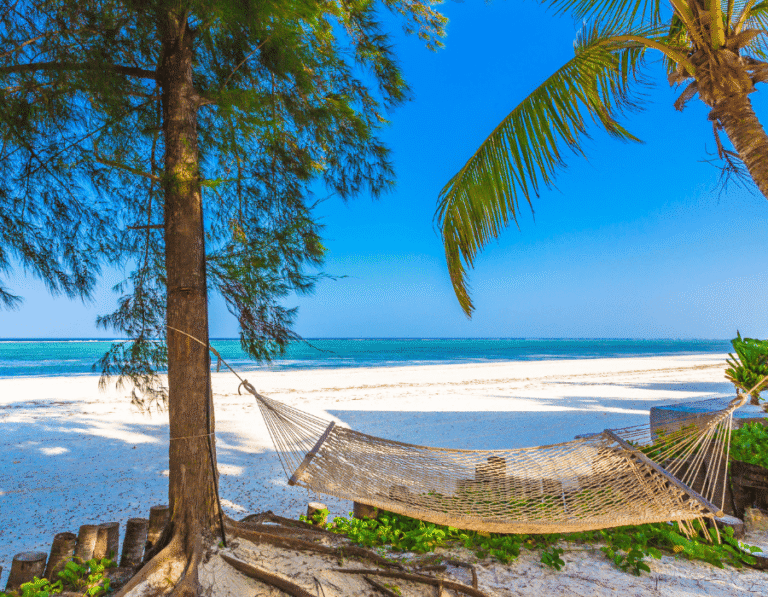Planning a trip to Hanoi? You’re in for a treat. The capital of Vietnam is a buzzing blend of old and new, where ancient pagodas sit alongside busy markets and trendy cafes. Whether it’s your first time visiting or you’re back for more pho and history, these Hanoi travel tips will help you enjoy every moment and stay prepared — just in case things don’t go as planned.
Getting to Hanoi
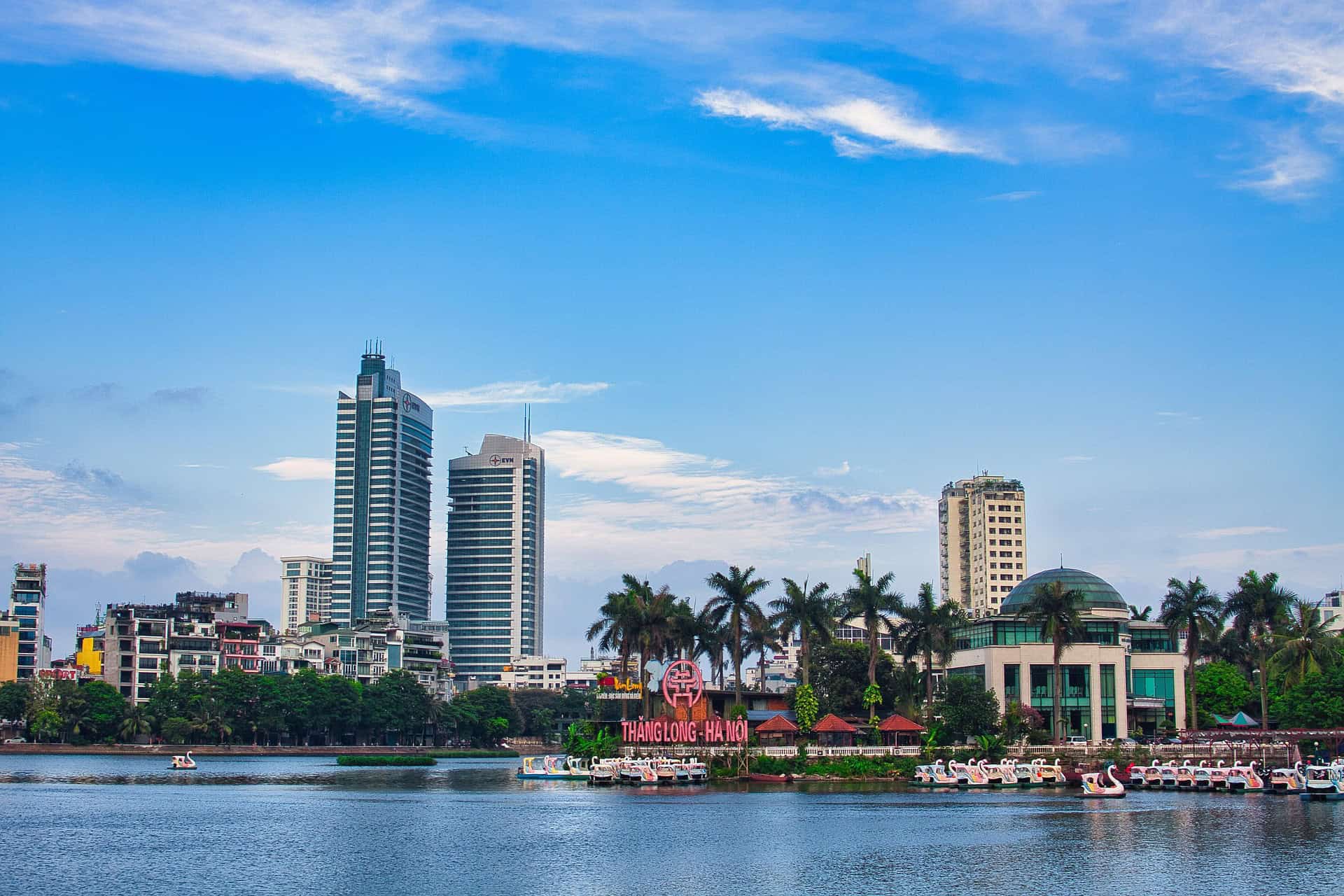
Most international visitors land at Noi Bai International Airport, located about 45 minutes from the Old Quarter. You can grab a taxi, book a private airport transfer, or take the public bus (number 86) into town. If you’re arriving from another Vietnamese city, the train and bus are affordable options, although flights can be time-saving if you’re short on time.
Getting Around Hanoi
Getting around Hanoi is part of the adventure! Motorbikes are everywhere, but if you’re not comfortable driving one yourself, try:
- Ride-hailing apps: Grab is the most popular, and it’s super easy to use for bikes, taxis, and even food delivery.
- Taxis: Stick to reliable companies like Mai Linh or Vinasun.
- Cyclo rides: These three-wheeled bicycle taxis are a fun (and slow) way to explore the Old Quarter.
- Walking: Hanoi’s Old Quarter is best explored on foot, but be careful — crossing the road can be a game of nerves.
Where to Stay
Most travelers choose the Old Quarter or French Quarter for their stay. The Old Quarter is lively, with plenty of shops, bars, and street food stalls, while the French Quarter is quieter, with wide boulevards and colonial architecture. Budget hostels, boutique hotels, and luxury options are all available.
What to Eat
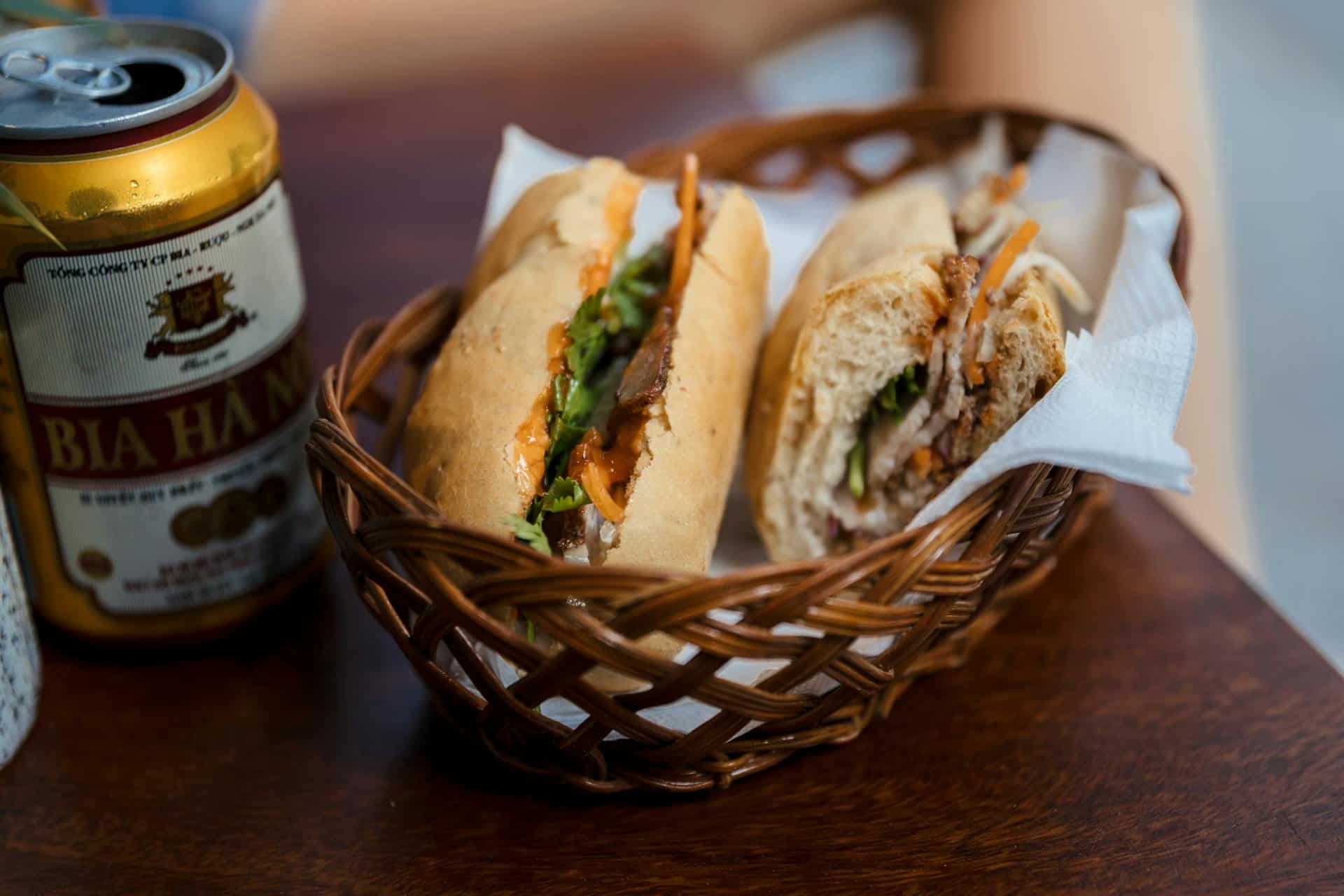
If you love food, Hanoi will not disappoint. Some must-try local dishes include:
- Pho: Vietnam’s national noodle soup. The Hanoi version is lighter and simpler than southern styles.
- Bun Cha: Grilled pork with noodles and fresh herbs.
- Banh Mi: French-style baguette with local fillings.
- Egg coffee: Sweet and creamy, it’s a Hanoi specialty!
(Pro tip: Stick to busy food stalls where locals eat — it’s usually a good sign of quality and freshness.)
Top Things to Do in Hanoi
- Hoan Kiem Lake: A peaceful spot in the city center, perfect for morning walks or people-watching.
- Old Quarter: Get lost in the maze of narrow streets packed with shops, markets, and food stalls.
- Ho Chi Minh Mausoleum: Pay your respects to Vietnam’s revolutionary leader.
- Temple of Literature: A beautiful and historic Confucian temple.
- Train Street: Watch trains pass just inches from homes and cafes — but check for closures as this area is often restricted.
Staying Safe in Hanoi
Hanoi is generally safe, but like any big city, it pays to stay alert:
- Cross carefully: Traffic can seem chaotic, but if you walk slowly and confidently, vehicles will move around you.
- Watch your belongings: Petty theft, especially of phones and bags, can happen in busy areas.
- Avoid scams: Be cautious of overcharging taxi drivers or vendors with no prices listed.
Staying Healthy
The weather in Hanoi can be hot and humid, especially in summer, which can lead to dehydration or heat exhaustion. Street food is delicious but might not always sit well with your stomach if you’re not used to it.
That’s where Air Doctor comes in. You can find an English-speaking doctor near you — whether you’re at your hotel or out sightseeing.
About The Air Doctor App
With the Air Doctor app in your pocket, you can access medical care and receive expert medical guidance anywhere you travel.
Air Doctor offers a wide range of benefits, including:
- A global network of over 20,000 multi-lingual doctors and specialists
- Choice of clinic, at-home (hotel), and video consultations
- Healthcare access in 90 countries
- 24/7 multi-lingual support
- Transparent pricing and reviews
- Most common medical specialties, including cardiologists, dentists, and pediatricians
FAQs
Yes! Hanoi is considered safe, especially in tourist-friendly areas. Just be street-smart and avoid walking alone late at night in quiet areas.
Cash is king, especially in small shops and markets. ATMs are common, but bring some cash for street food and transport.
No — always stick to bottled water, including when brushing your teeth.


